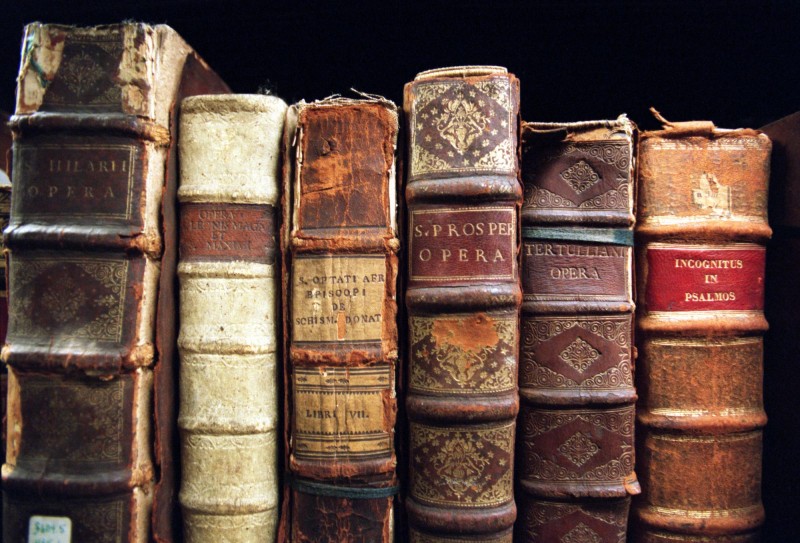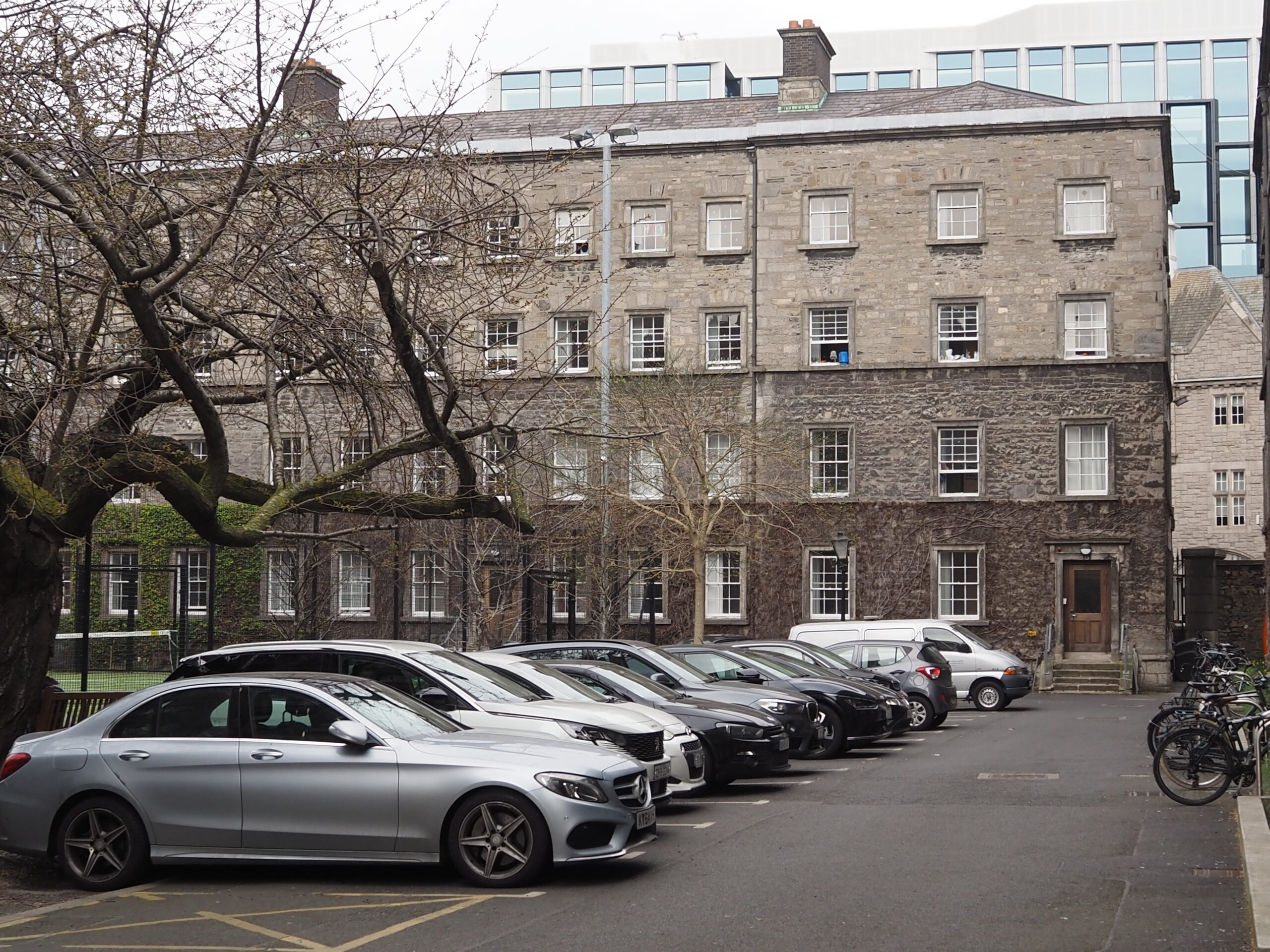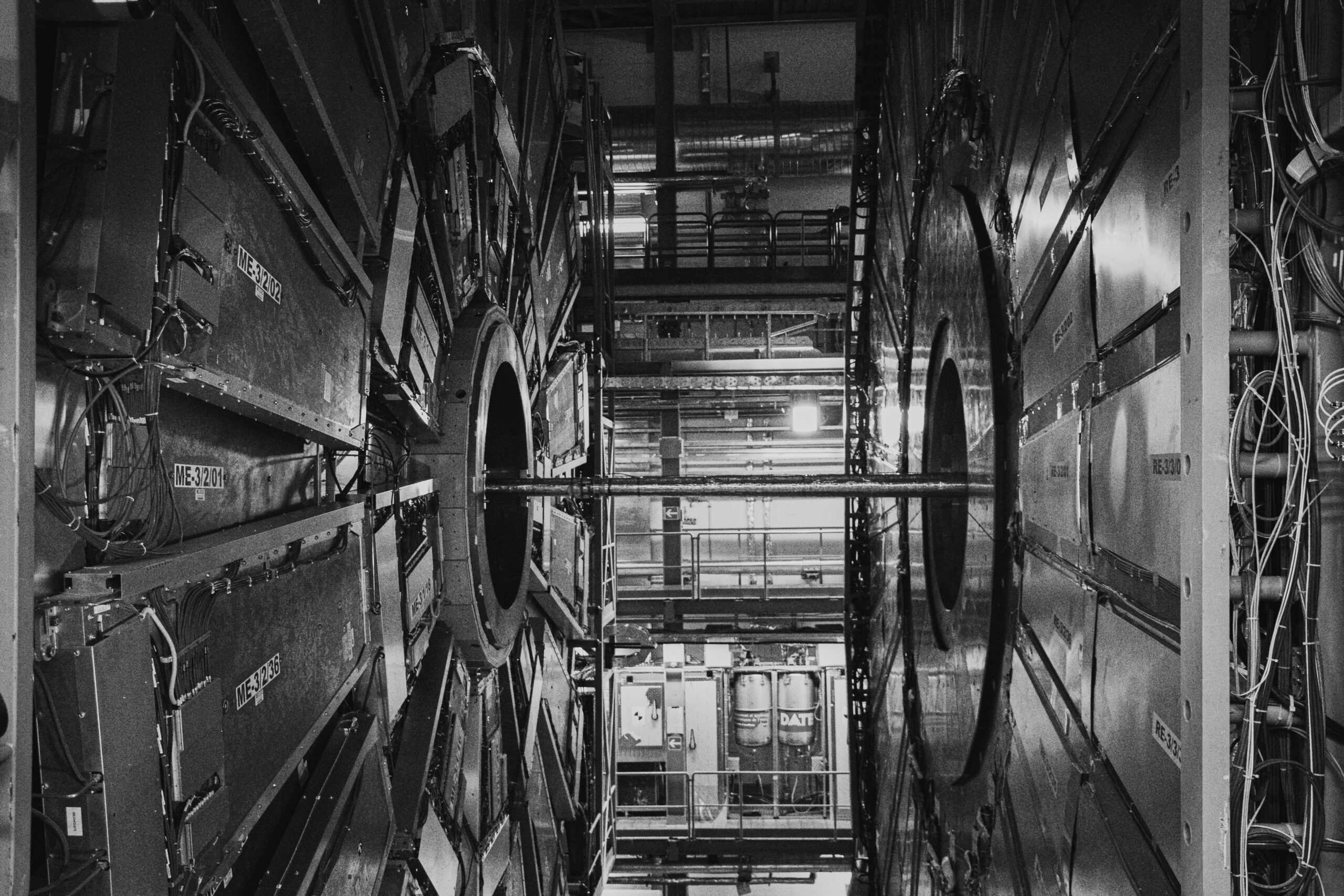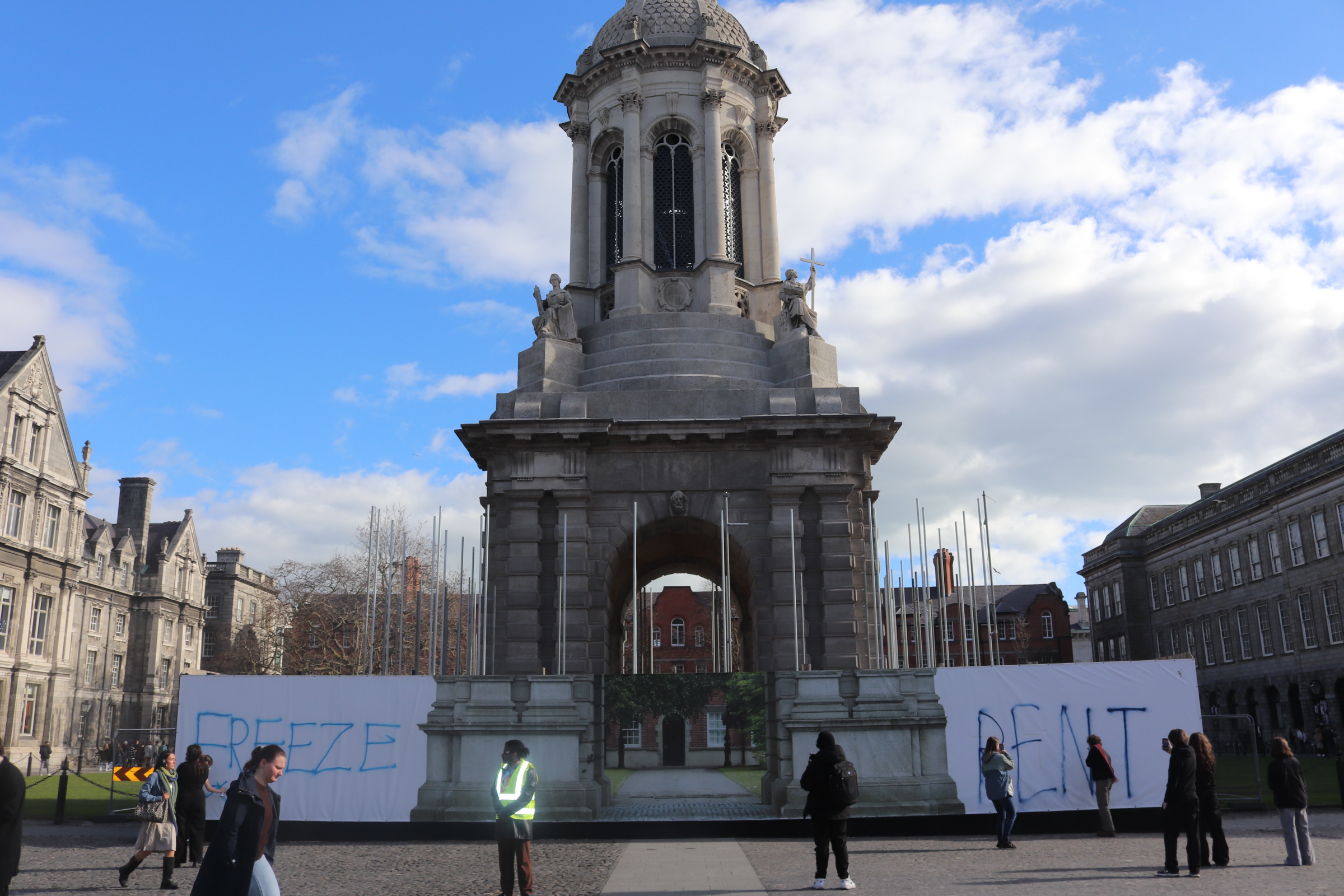Don’t be fooled by the language our politicians and senior civil servants use to justify diminishing the status of history in the new secondary school junior-cycle syllabus. Though their reasoning resounds with sunny, Californian buzzwords like “flexibility” and “choice”, this reform – which will make history non-compulsory for September’s first-year pupils – not only poses a serious threat to cultural and political life in Ireland, but is also certain to exclude from the study of history those same pupils it purports to empower with choice.
To begin let us imagine that the government can provide this promised “choice”, and that all pupils who want to study history at junior-cycle level will be able to under the replacement for the junior certificate. Even in this “ideal” scenario, we are confronted with the prospect of an Ireland in which a great number of pupils leave school and begin their adult lives with next to no knowledge of the history of their nation and the wider world, and – so lightly was the subject valued in their schools – without the faintest impression that history is worthy of study in one’s own time.
In any country, this ignorance is dangerous. In a democracy, it’s almost fatal. It’s no coincidence that the US’s highest levels of political polarisation are concurrent with its lowest levels of historical understanding. In 2012, only 20 per cent of US college graduates could name the “father” of their constitution, and fewer still could identify the occasion of Lincoln’s famous phrase endorsing “government of the people, by the people, for the people”. The trouble is that the political ramifications of an uninformed electorate are never evident until it’s too late. By the time a generation or two of ahistorical pupils have become an ahistorical electorate, a sense of the value of history, and a sense of Irish identity, would be tremendously difficult to restore. It would seem, to wrench a phrase from context, “as if something for which there was no name or distinct idea were indefinitely lost”.
As serious as these problems are, they are still only the problems we encounter in the ideal scenario painted by former Minister for Education and Skills Rúairí Quinn. In his 2013 address, Quinn asserted that “wherever possible, choices need to be made by teachers and by schools” – a bold stance, which he contrasted with the timidity of hypothetical historians and teachers who “fear the consequences of choice”. But what choice will there be in reality? And who will have it?
We are confronted with the prospect of an Ireland in which a great number of pupils leave school with next to no knowledge of the history of their nation and the wider world, and without the faintest impression that history is worthy of study in one’s own time.
To begin to answer that question, you could do worse than to examine the five prominent politicians who have fallen into either camp on the issue of the reforms. Our last three Ministers for Education and Skills have all either supported the changes or allowed them to progress unimpeded: Ruairí Quinn, who went to Blackrock College, Jan O’Sullivan, who went to Villiers School in Limerick, and Richard Bruton, our current Minister, who attended both Belvedere and Clongowes. It is telling that the two most prominent opponents of the reforms, Mary Hanafin and President Michael D Higgins, attended the workaday Presentation Convent, Thurles, and St Flannan’s College, Ennis, respectively. I don’t point this out for resentment’s sake: it is of huge significance that the three politicians in favour of the reforms didn’t attend public secondary schools, because it is in those schools, attended by over 90 per cent of Irish pupils, that the rhetoric of choice falls flat.
Our education system will allow pupils to avoid acquiring knowledge indispensable to a sense of national identity and political responsibility, while simultaneously failing to facilitate even those pupils who do want to acquire that knowledge.
This is because making history optional doesn’t simply mean that pupils can elect not to study it – it also means removing certain protections, which, as a “core” subject, history was previously afforded. Schools are under no obligation to offer each optional subject. Though history will, with luck, remain popular enough to be retained in most schools, it will face serious problems even where it continues to be taught: optional subjects often clash on timetables, for example, meaning pupils could be forced to choose between studying history and studying science or business, subjects vital for most college courses and graduate careers.
Even those pupils lucky enough to attend schools that continue to teach history, and which have more flexible timetables, will not be in the clear – pupils will lose out, for example, when schools have too many pupils for one history class but too few for two. These problems will seem insignificant in most fee-paying schools, where extra resources mean they can run smaller and more frequent classes, but they will be far from negligible in our state schools. Our education system will allow pupils to avoid acquiring knowledge indispensable to a sense of national identity and political responsibility, while simultaneously failing to facilitate even those pupils who do want to acquire that knowledge. History will come to be seen as some see Latin now: as a luxury, an object of study only for the indulgent classes, if for anyone at all.
Irish politicians, who have been either blind or indifferent to the struggles facing public schools, are introducing additional constraint and calling it “choice”. Were their plans feasible, they would remain undesirable. Being neither feasible nor desirable, however, they become doubly repellent. This reform, which gives every indication of going ahead, will have slow-burning, insidious and ultimately disastrous effects on Ireland and its education system – not only on the quality of the education pupils receive, but also on Irish public life hereafter. Make no mistake, as far as secondary school history is concerned, this “choice” is no choice.







